Adolescence brings major emotional, physical, and psychological changes in teens. In addition, pressures around school, dating and friendships become more important as well. All these changes powerfully affect your role as a parent. Additionally, teens are now exposed to so much more in popular culture about drugs, drinking, sex and other adult issues and yet they are still just teens. It seems they are growing up faster than ever before, with a greater need for parental guidance and love.
Despite all this, teens are adjusting well. Teens today are less likely to drink, smoke, do drugs, get pregnant, commit a crime or drop out of school, compared to their parents' generation. They volunteer more than ever and are more spiritual. Most teens would even say they have positive relationships with their parents, siblings and friends. In short, they are finding their way, but not without the involvement of YOU, the parent.
You don't have to be a biology teacher or an expert to help your teen deal with the changes of adolescence. Here are some facts that will help you understand the challenges encountered in different phases of adolescent development. Your job is to guide teens through these challenges and help them avoid risky actions that pose potential problems to their safety and well-being.
The Rush of Hormones
The first sign of adolescence is the start of puberty, triggered by the release of hormones, leading to sexual development. Puberty starts younger compared to 25 years ago, and on average begins two years earlier in girls than in boys. Puberty generally takes 2-4 years to complete.
What You Can Do
The dramatic physical changes of puberty make many teens highly self-conscious and preoccupied with body image and appearance. Some go through a period of awkwardness. Parents can help their teens adapt to these natural changes in several ways. Parents should respect their teen's growing need for privacy and not expect them to share all their thoughts and feelings. Let your teen know that he/she is normal, and try to talk openly about the changes he/she is experiencing. Monitor and talk to your teens about what they see in popular culture as well so they establish reasonable expectations and a reasonable evaluation of themselves.
The Mind Playing Tricks!
Other changes are also occurring in the brain. Just prior to puberty, the thinking part of the brain responsible for reasoning, problem-solving and impulse control grows dramatically. This area is refined throughout adolescence, affecting how the brain manages emotions, impulses and decision-making.
What You Can Do
The ability of teens to "put the brakes" on risk-taking and think through decisions is not fully developed. Young teens are also more likely to misread emotional signals, such as mistaking your concern for anger or criticism, which can lead to communication problems with parents. You can help by being patient, listening, avoiding generalizations, staying calm, and clearly spelling out your feelings. Don't leave any "gray areas" or room for misinterpretation when it comes to expectations. Be direct and specific to avoid any confusion. Sit down with your teen to set clear rules and consequences for violating them.
Trying on New Hats
Emotionally, teens are starting to separate from their parents and many don't want to be seen with them. Peers are becoming more important, helping teens test new ideas and roles. Close peer relationships are common. Some teens spend hours on the phone and dress just like their friends. Many teens are focused on fitting in and are more likely to take unhealthy risks in order to be accepted by peers. Images from entertainment and advertising media may also play a powerful role in shaping teens' appearance and behavior. It's not uncommon for bullying and teasing to intensify, making school and other social activities painful for some teens.
What You Can Do
Teens still say that parents are the biggest influence in their lives. However, peers are growing in importance and your teen is still learning to control impulses. So you need to provide firm guidance on risky behaviors, such as drugs and alcohol use, violence and sex. Prepare your teen so he/she can resist pressures of drug use or other risk-taking. Respect the importance of friends, but try to stay connected and involved. Maintain family traditions and involve other trusted adults in your teen's life. Spend time talking with your teen every day and continue being active in his/her school and activities. Monitor and set limits on your teen's use of media and talk about unhealthy messages in popular media. If you suspect bullying is a problem, talk to your teen. Be positive and accepting, and acknowledge that the bullying is not his/her fault. Get your teen's input on how to address the problem and if needed, get help from school officials.
From Cooties to Cute
Teens start to have some romantic interests, interacting mainly over the phone, over the Internet or at school. They may begin pushing parents to allow them to date. Shyness, blushing, modesty and quick embarrassment are normal.
What You Can Do
Parents should establish an age for dating and hold to it, but allow room for negotiation. For example: parents may want to encourage group dating for younger teens or offer to host a BBQ or organize a get-together. This gives you the chance to plan something with your teen and meet his/her friends. During these early dating years, parents should also set curfews and encourage teens to check in at various times.
Information has been compiled from various
educational and counseling resources
